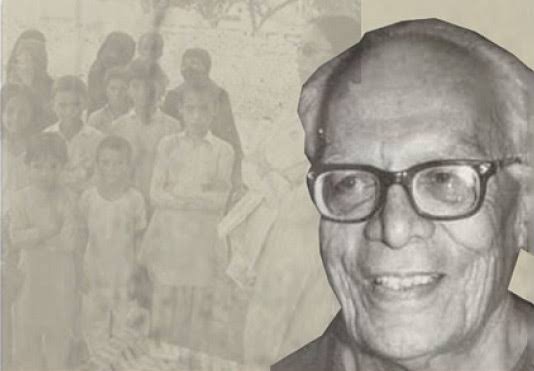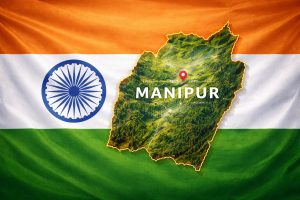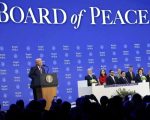When we talk about great teachers, we often imagine classrooms, lectures, and academic achievements. But some teachers educate through their lives — through the way they walk among people, listen to the voiceless, and turn despair into dignity. For me, Dr. Akhtar Hameed Khan was one such teacher. And for countless others, he remains a guiding light whose lessons continue to illuminate the path of social change in Pakistan.
Born in Agra in 1914, Dr. Akhtar Hameed Khan’s journey began with promise and privilege. After completing his MA in English Literature from Agra University, he joined the Indian Civil Service (ICS) in 1936. Yet, witnessing the suffering of the poor during the Bengal famine of 1943 changed his life forever. The young officer resigned from the service, rejecting comfort and prestige to live among the very people whose misery had shaken him. He chose humility over hierarchy — a decision that defined his life and legacy.
After migrating to Pakistan, Dr. Khan turned his vision into action. In 1959, he founded the Pakistan Academy for Rural Development in Comilla (now Bangladesh). From there emerged the renowned Comilla Model, a participatory framework that empowered farmers through cooperatives, training, and savings groups. It was not a government scheme imposed from above but a system built from within — shaped by the people themselves. The Comilla Model proved that rural development could succeed only when communities became their own agents of change.
Years later, in the narrow lanes of Orangi Town, Karachi, Dr. Khan once again transformed theory into practice. He launched the Orangi Pilot Project (OPP), one of the most celebrated community development initiatives in Asia. Through OPP, he showed that even the poorest residents could build and maintain their own sanitation systems, homes, and schools — without waiting for government intervention. His approach was simple yet revolutionary: self-help, trust, and technical guidance. The result was a cleaner, more empowered community and a model now studied around the world.
Despite international recognition — including the Ramon Magsaysay Award and the Sitara-e-Pakistan — Dr. Khan remained untouched by fame. He lived simply, dressed modestly, and worked tirelessly in the field, not in offices. His humility was his signature, his silence more powerful than speeches. In an age when development work often seeks publicity, he quietly demonstrated that true service needs no spotlight.
Dr Khan was not just a social scientist or reformer; he was a philosopher of hope. He believed that hopelessness was the worst form of poverty — and that empowerment begins when people believe in their own strength. His lessons were not confined to blackboards but alive in every community meeting, every street where a drain was built, and every heart he inspired.
On Teachers’ Day, as I remember him, I am reminded that teaching is not merely transferring knowledge — it is igniting purpose. Dr Akhtar Hameed Khan taught us that one can live meaningfully without fame, work for the poor without pity, and lead without authority. His life remains a timeless lecture on humanity, simplicity, and transformation.
Even today, the lanes of Orangi echo his spirit — not in monuments, but in the running water that flows through the drains built by the people he empowered. That is the truest tribute a teacher could ever receive.














